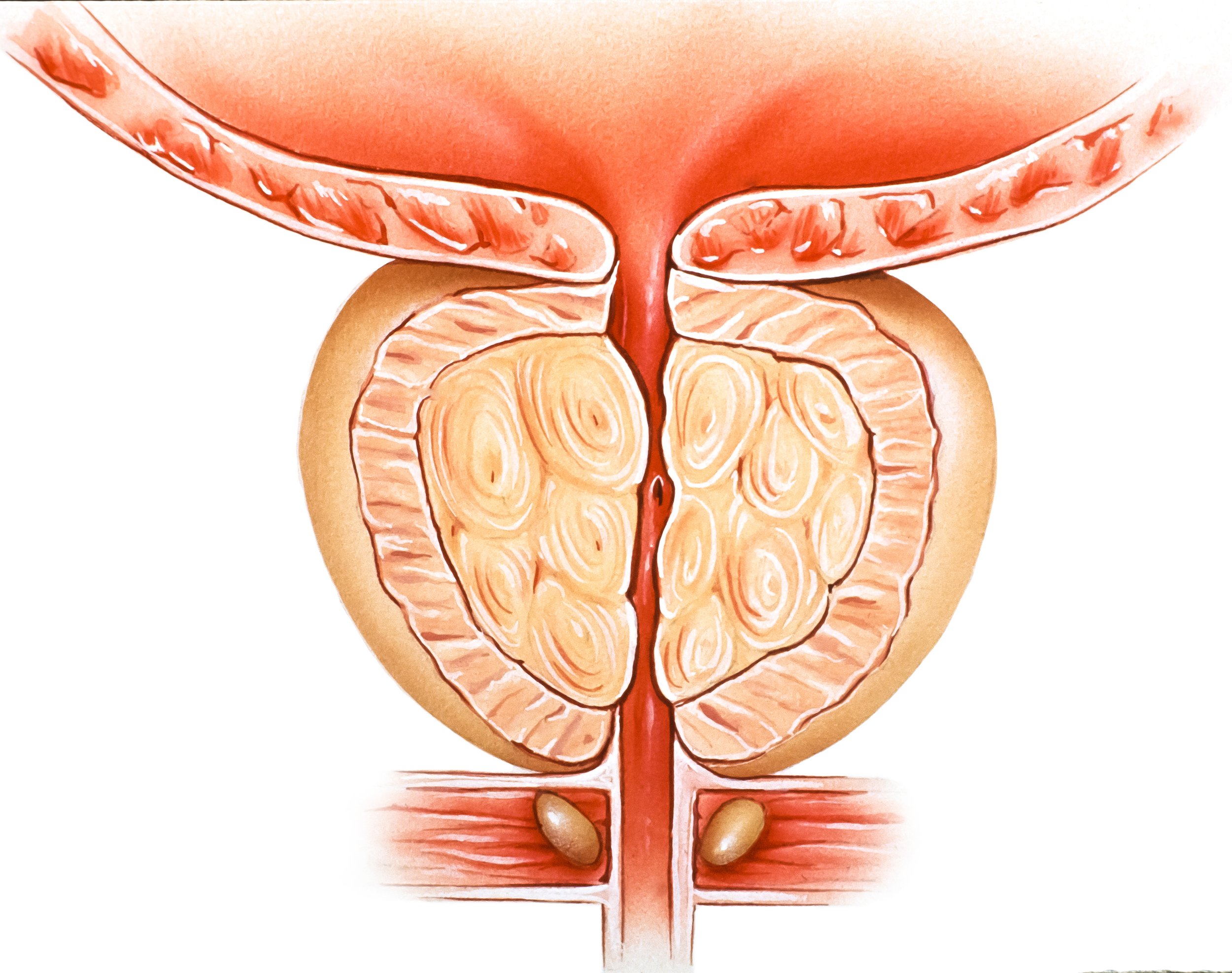Take Control of Benign Prostatic Hyperplasia with the Help of Specialist Urologist in Melbourne
Men with age may experience benign prostatic hyperplasia (BPH), a common condition characterized by the enlargement of the prostate gland. While BPH is a natural aspect of aging, it can lead to troublesome urinary symptoms. Men should be mindful of the risk factors linked to BPH and seek preventive measures and specialized treatment from specialists in Melbourne. This condition arises when the prostate gland, encircling the urethra, expands. Age, a significant risk factor, sees over 50% of men experiencing symptoms by age 60, rising to 80% among those aged 80 and older. Additionally, a familial history of BPH also heightens the risk of developing BPH.
What is Benign Prostatic Hyperplasia Exactly?
Benign Prostatic Hyperplasia, often referred to as an enlarged prostate, is a non-cancerous condition that affects the prostate gland. The prostate gland grows from its normal size, affecting urinary system functionality. This problem leads to symptoms like frequent urination, difficulty starting and maintaining a steady stream, and a feeling of incomplete bladder emptying. As these symptoms can significantly impact one's quality of life, consulting a specialist becomes crucial for effective management. BPH is a common condition affecting aging men and requires specialized care and attention. It's so prevalent that doctors believe nearly all men will experience prostate enlargement with age. While some men adapt to these symptoms, others find them significantly impacting their quality of life. For proper guidance, individuals diagnosed with an enlarged prostate should promptly seek consultation from specialists like Associate Professor Homi Zargar, an experienced urological surgeon in Melbourne.
Significance of a Specialist Urologist in Managing BPH
While general practitioners can provide initial assessments, a BPH specialist offers focused expertise and a deeper understanding of the condition. These specialists have advanced training and experience in the diagnosis and treatment of prostate-related issues. Their diagnosis and expertise in managing BPH prove significant for the patients in terms of:
Accurate Diagnosis - Specialist urologists in Melbourne, like Associate Professor Homi Zargar, are trained to provide precise diagnoses of BPH. Through a comprehensive evaluation, which may include medical history, physical examination, and possibly imaging studies, urologists can determine the severity of the condition and develop a tailored treatment plan.
Personalized Treatment Plans - Every individual's experience with BPH is unique, and a one-size-fits-all approach doesn't suffice. Specialists consider each patient's specific symptoms, overall health, and lifestyle to create personalized treatment plans. Depending on the individual's needs, these plans may involve medication, lifestyle modifications, or minimally invasive procedures. Several clinical trials are also available that are investigating the latest cutting-edge device therapies for treating BPH.
Advanced Surgical Options - In cases where BPH symptoms are severe or don't respond well to conservative treatments, surgical intervention may be recommended. Specialists are adept at performing advanced surgical procedures, such as transurethral resection of the prostate (TURP) or laser therapy, to alleviate symptoms and improve urinary function.
How to Manage BPH with the help of Specialists
Navigating the challenges of Benign Prostatic Hyperplasia becomes significantly more manageable with the guidance of a specialist urologist in Melbourne. These professionals bring a wealth of experience, personalized care, and advanced treatment options, empowering individuals to take control of their health.
Early Intervention - Recognizing the symptoms of BPH and seeking early intervention is crucial. Specialist urologists can help manage the condition more effectively when diagnosed in its early stages, preventing the progression of symptoms and potential complications.
Regular Check-ups - Men over 50, especially those experiencing BPH symptoms, should consider regular check-ups with a specialist urologist. Periodic monitoring allows for timely adjustments to the treatment plan and ensures that any emerging issues are addressed promptly.
Lifestyle Modifications - Urologists often emphasize the importance of lifestyle modifications to manage BPH symptoms. These may include dietary changes, increased physical activity, and adopting pelvic floor exercises. A specialist urologist can provide personalized advice tailored to individual needs.
Educational Support - Understanding BPH and its implications is essential to taking control of the condition. Specialist urologists offer educational support, providing patients with the knowledge and tools to actively participate in their care and make informed decisions about their treatment.



